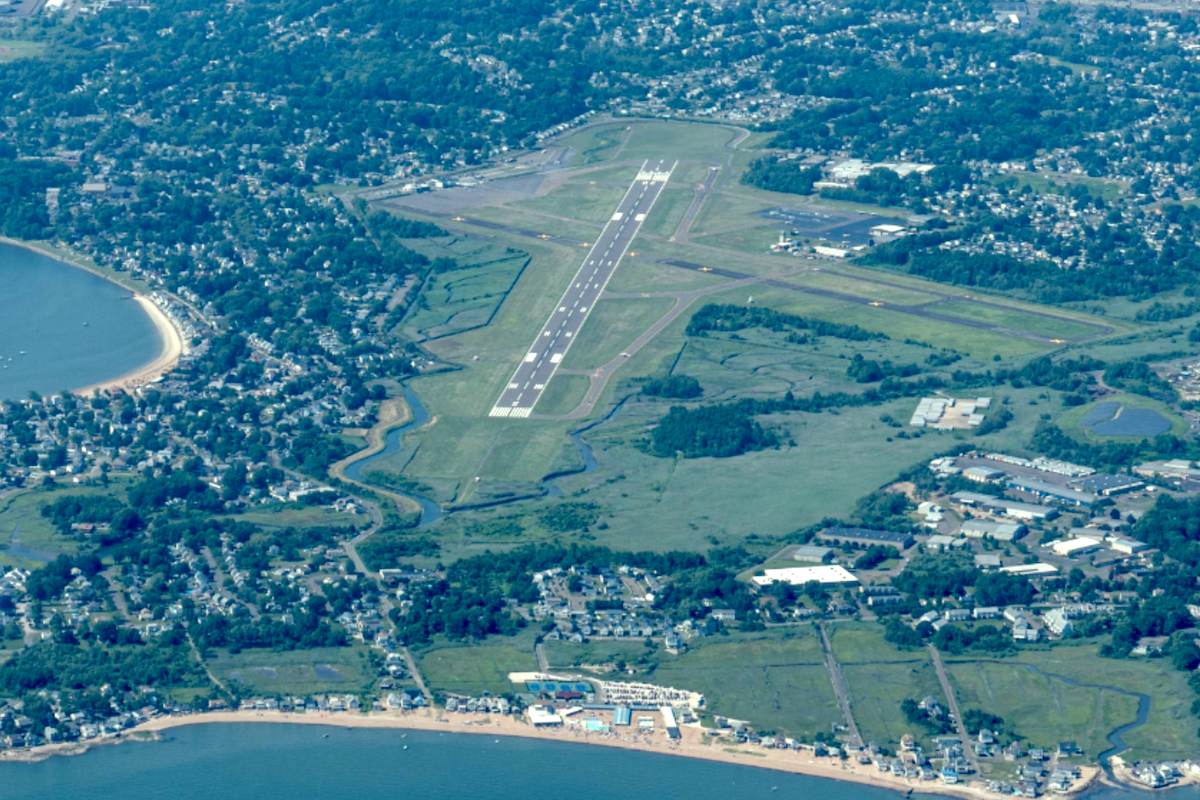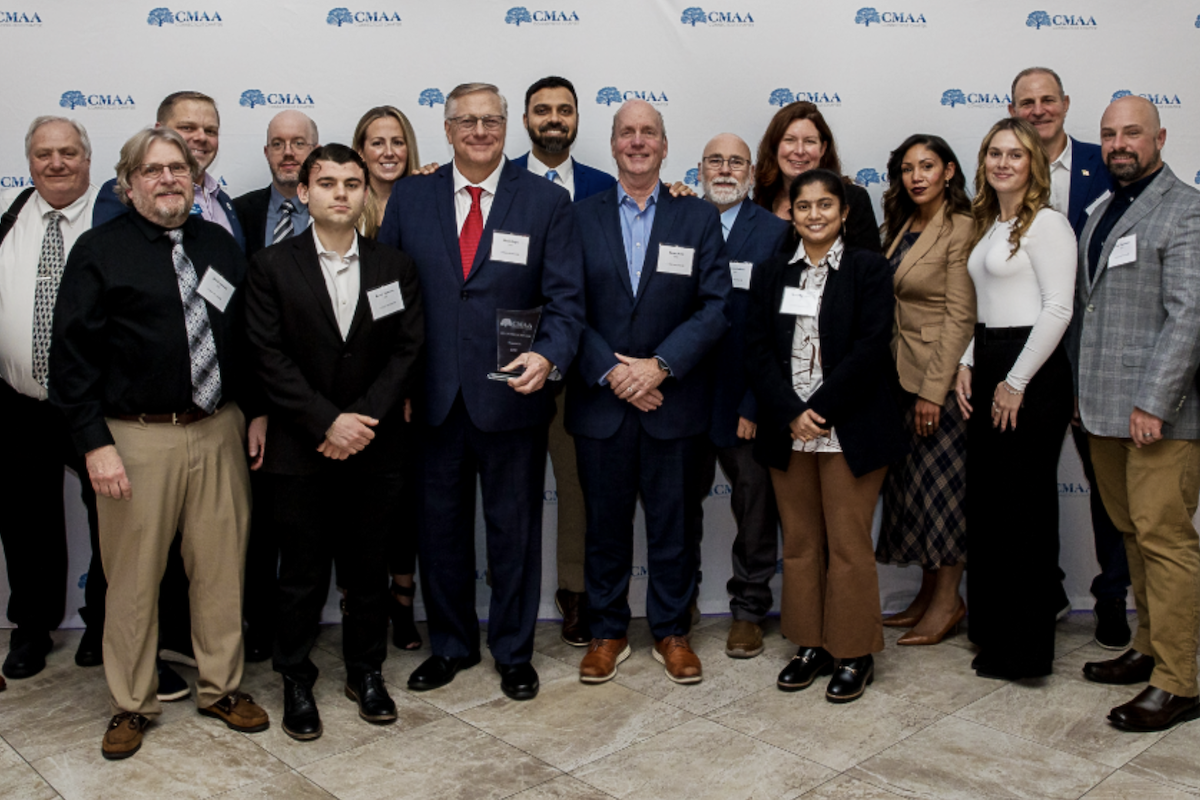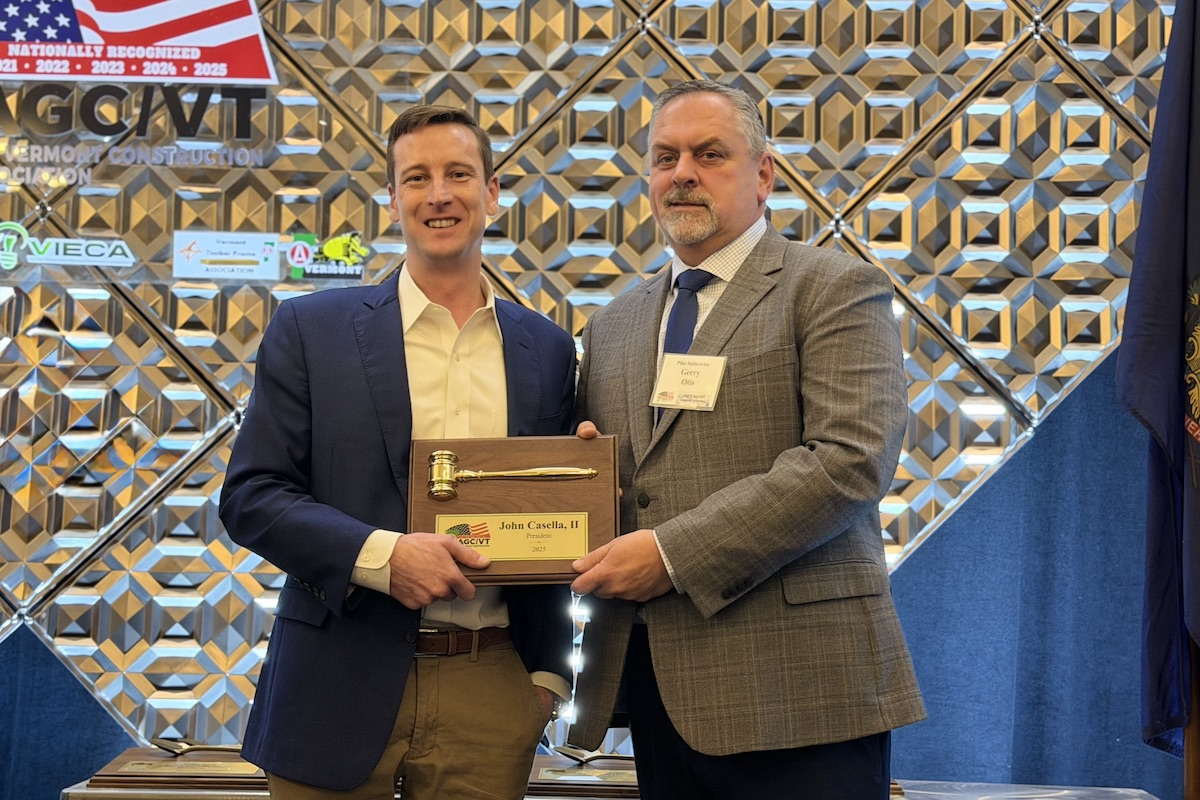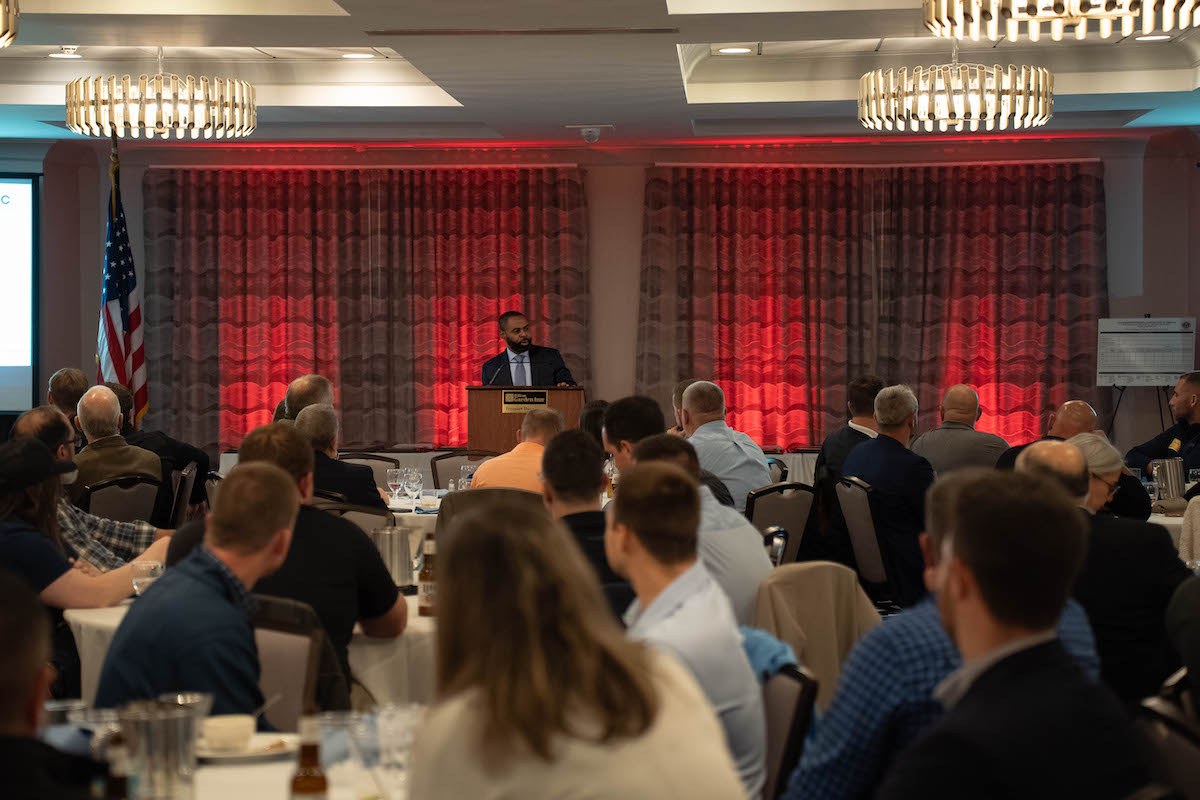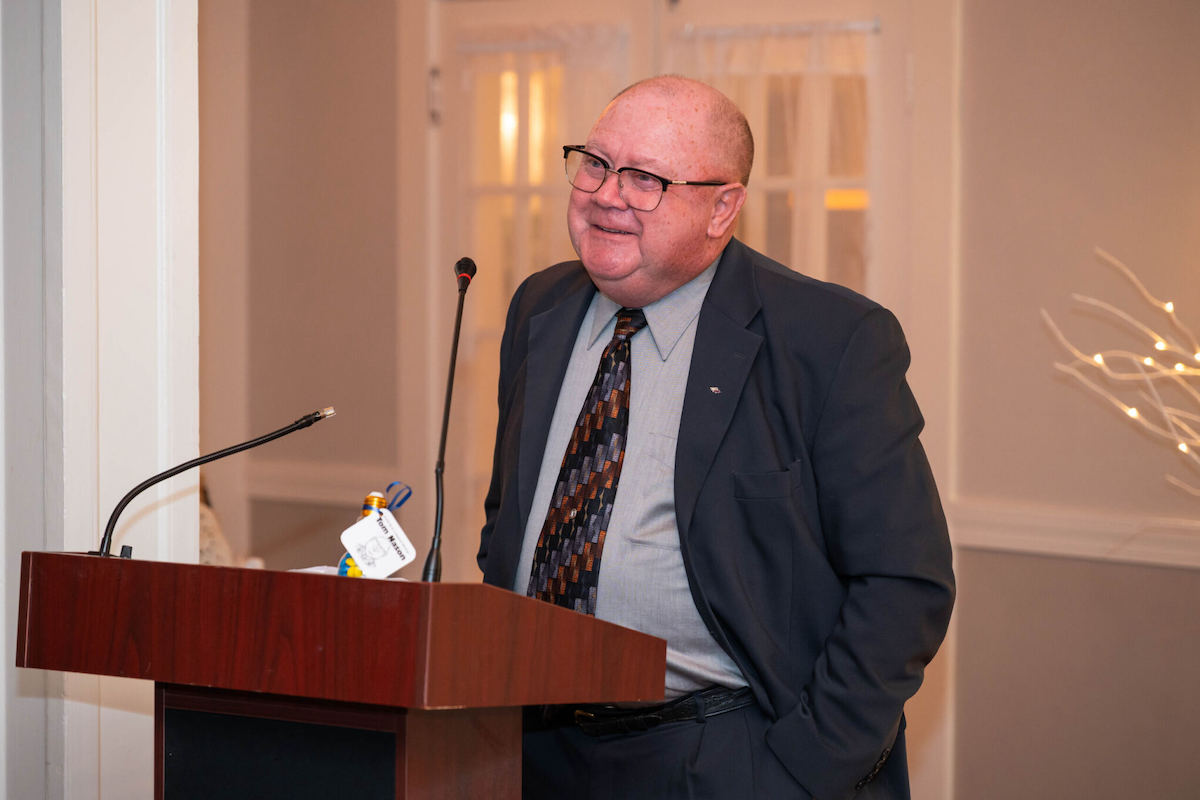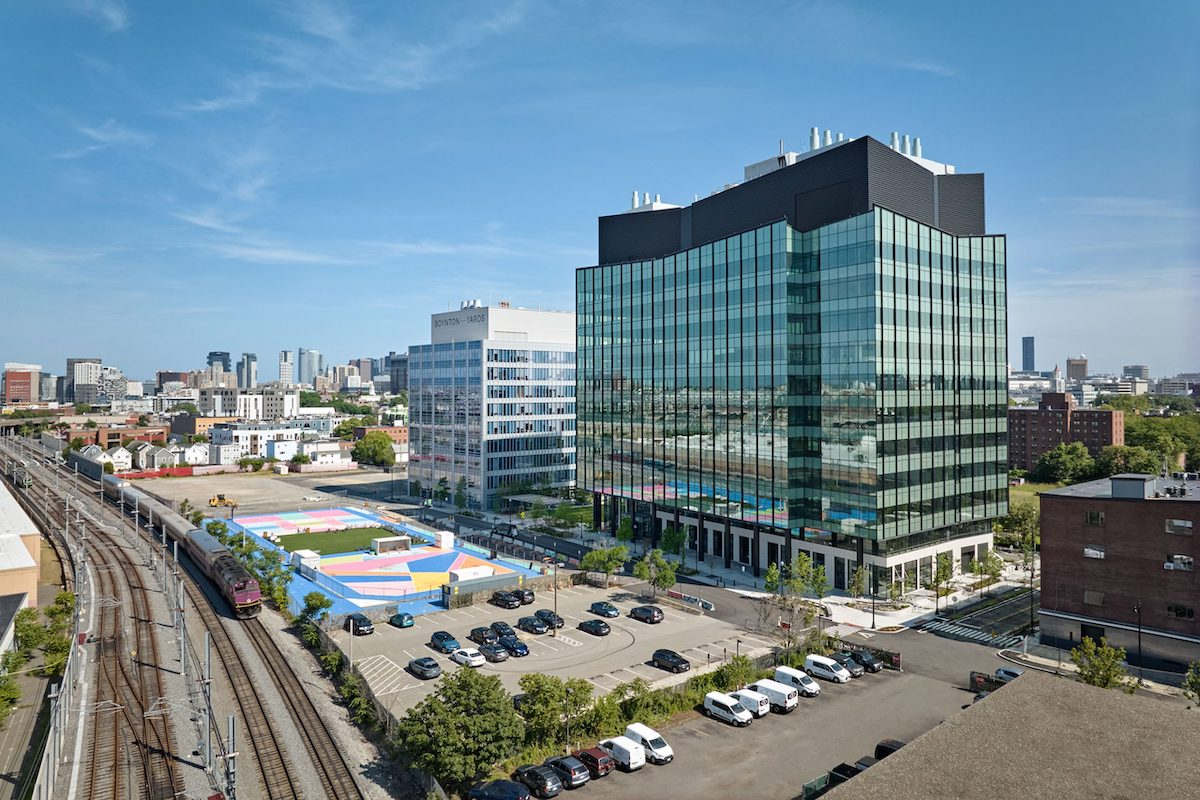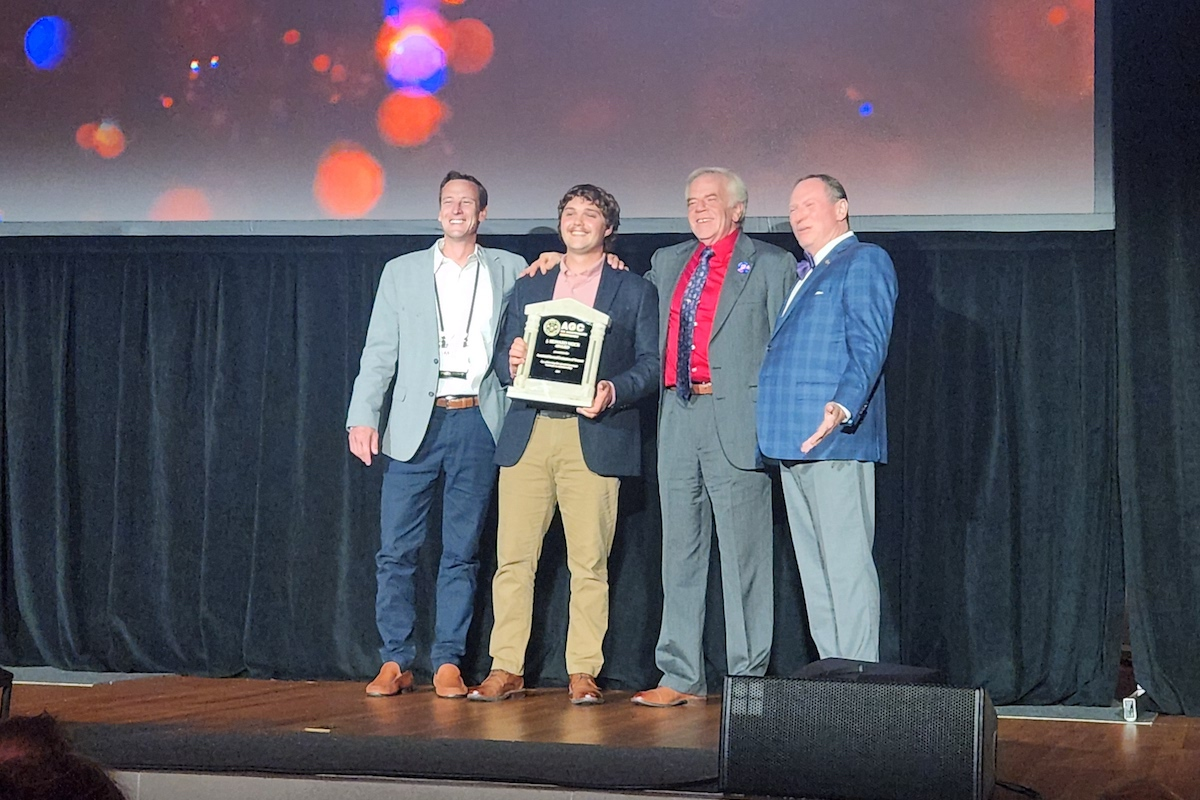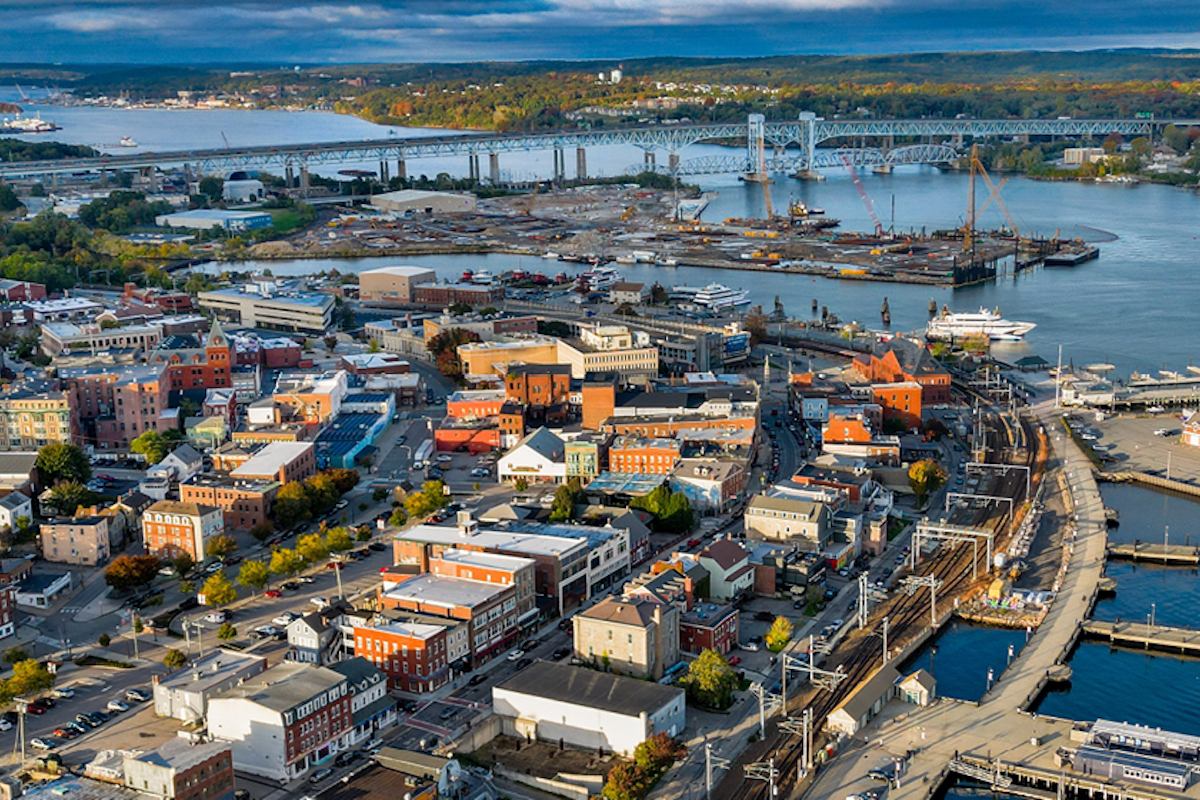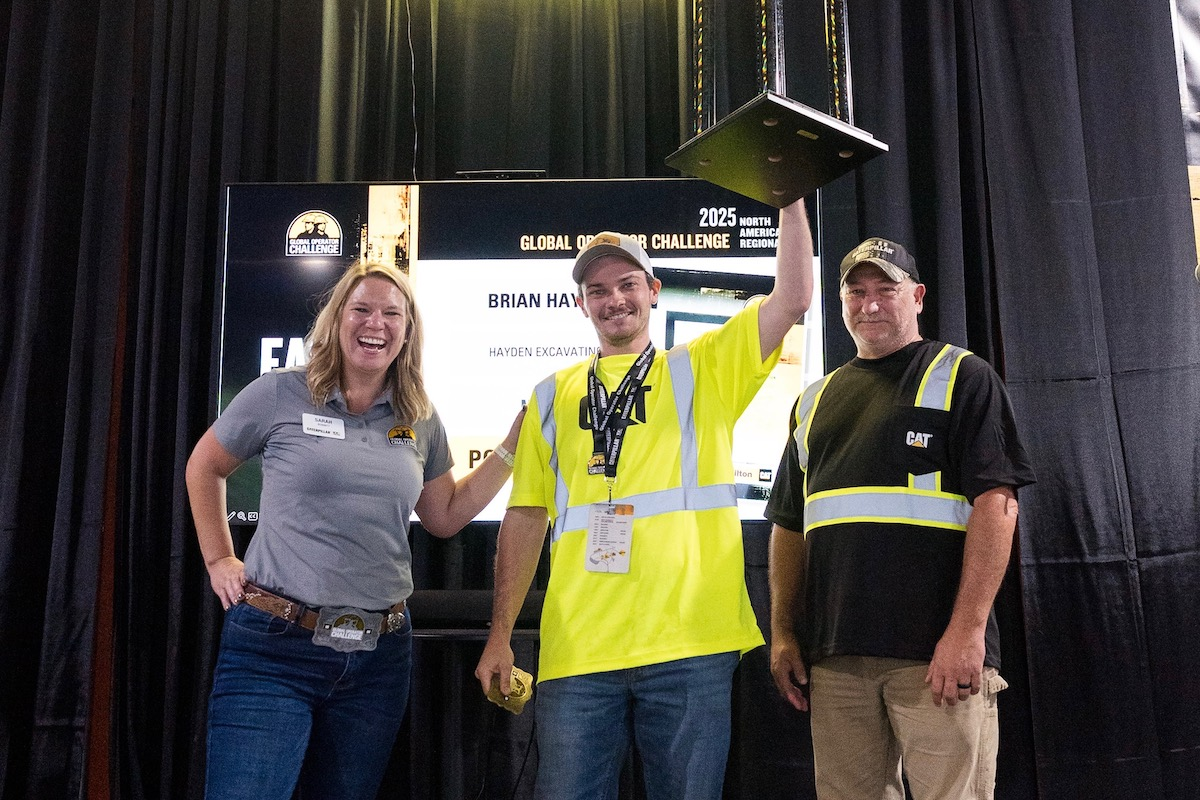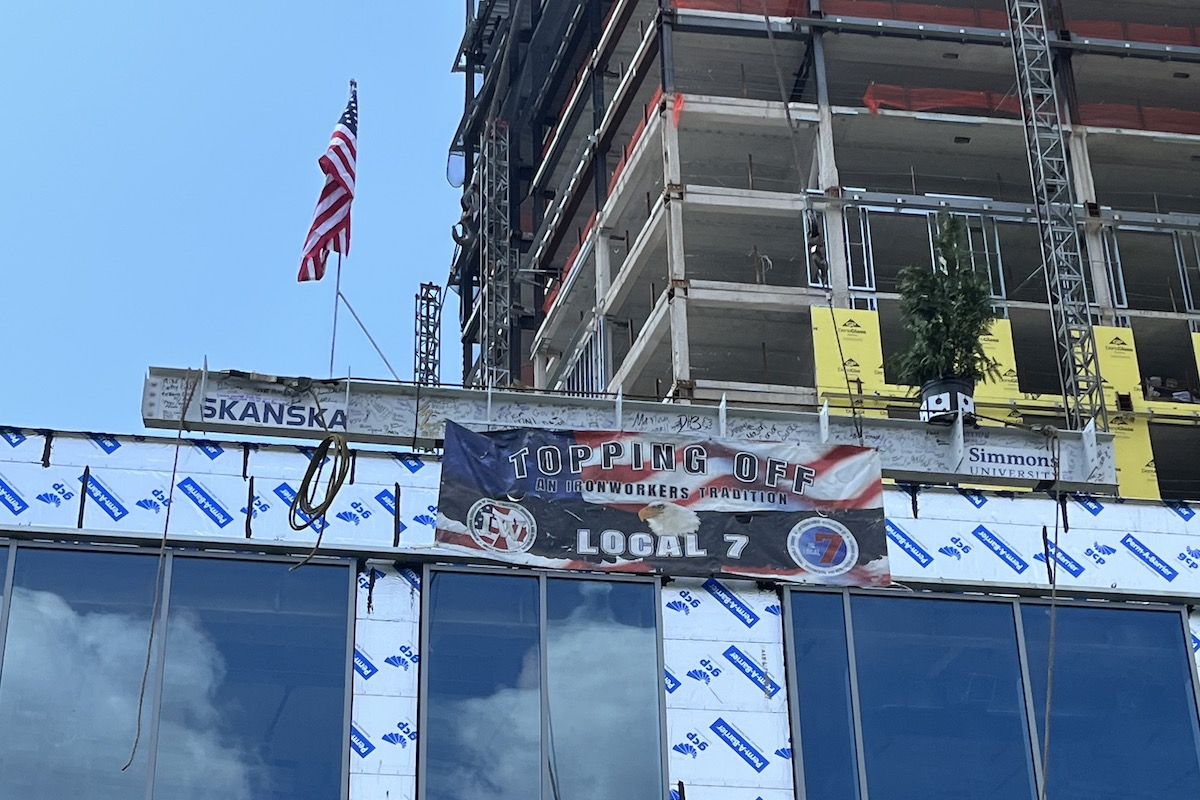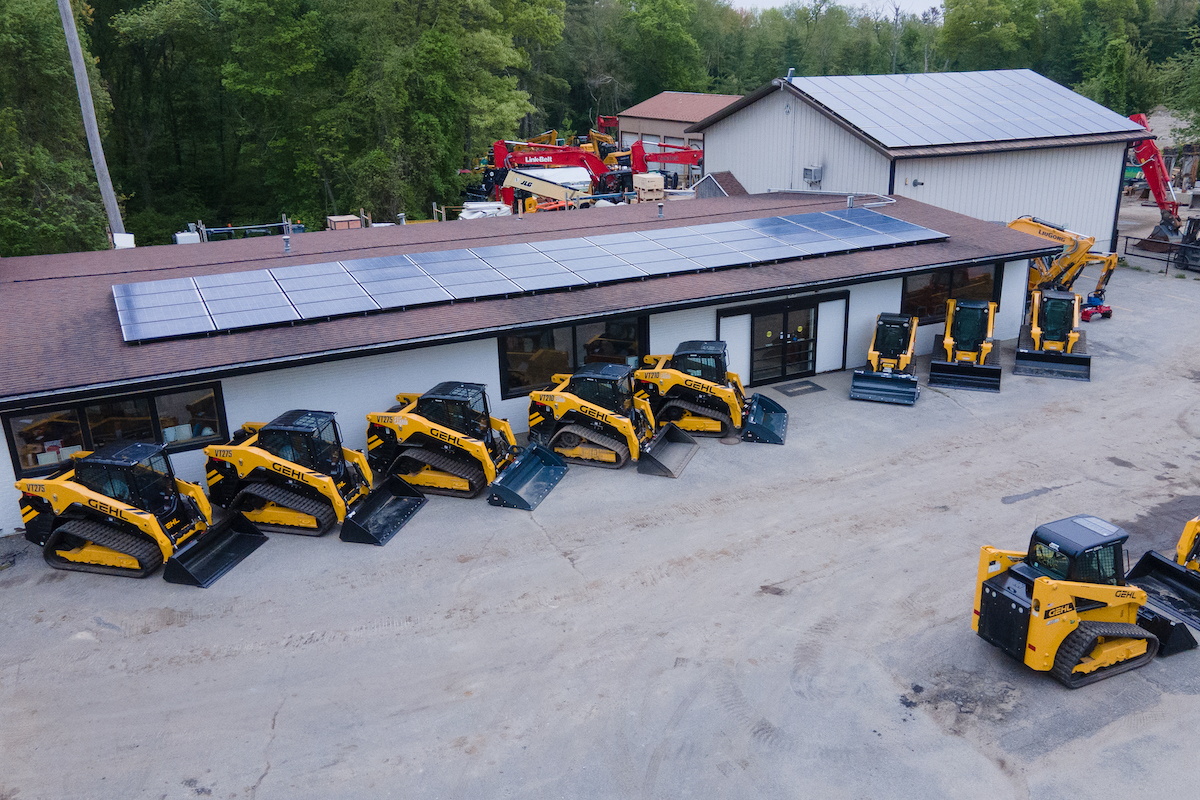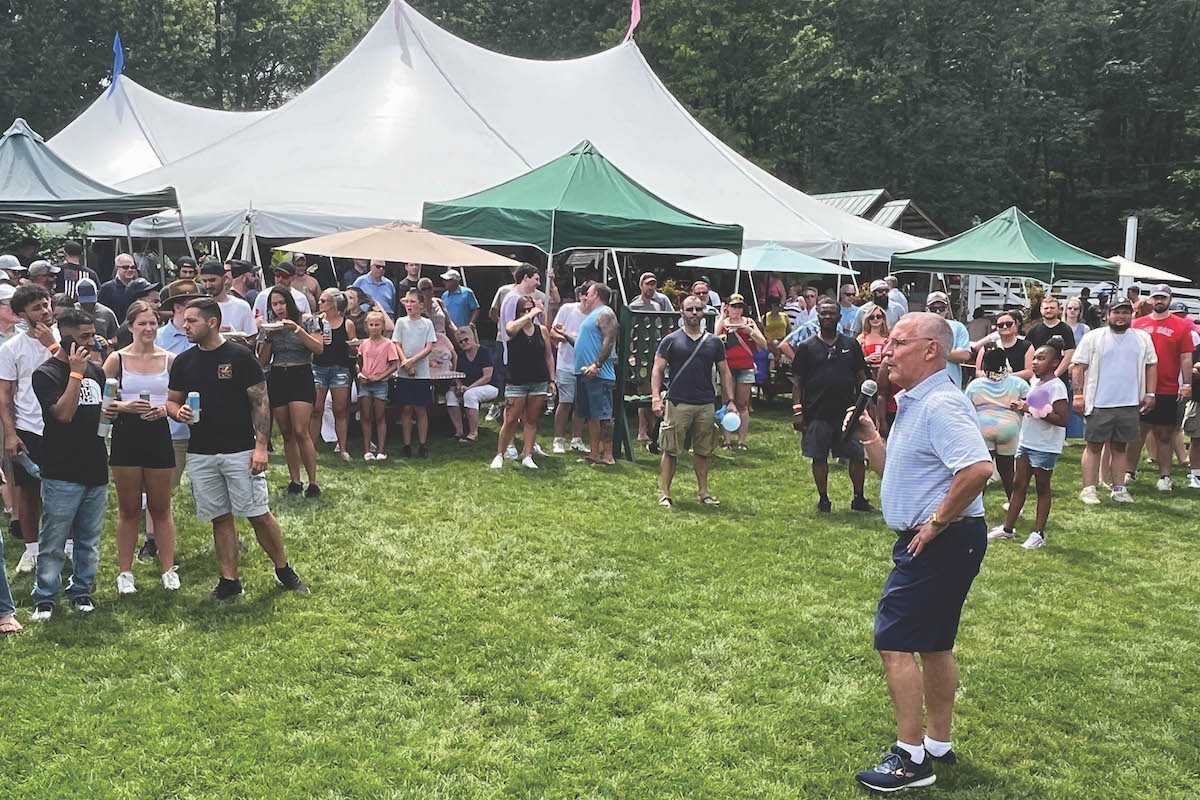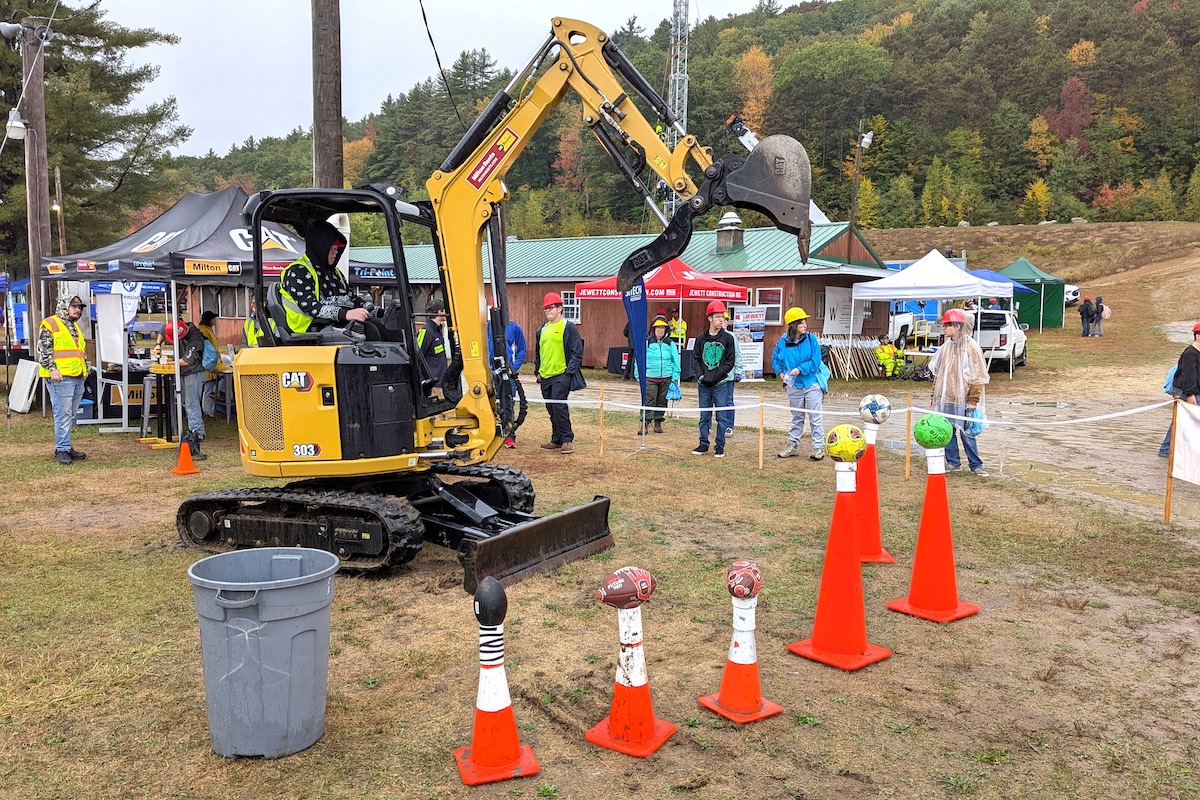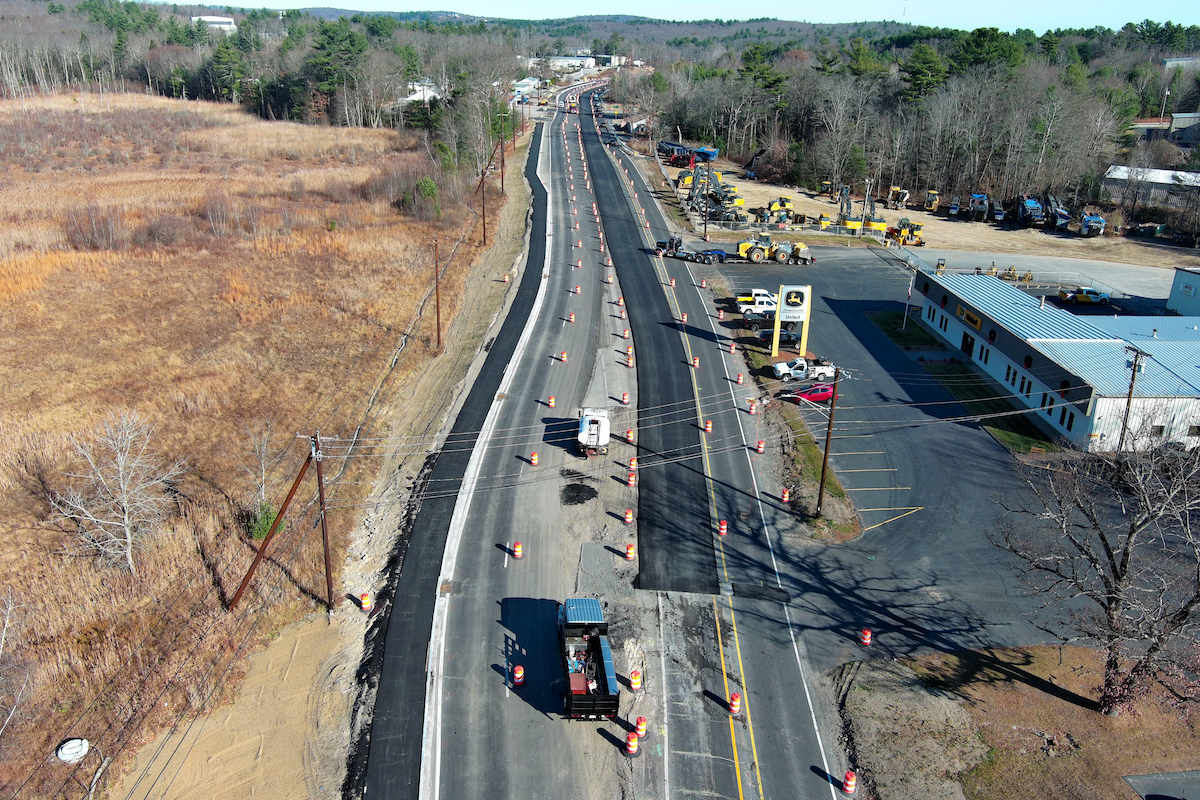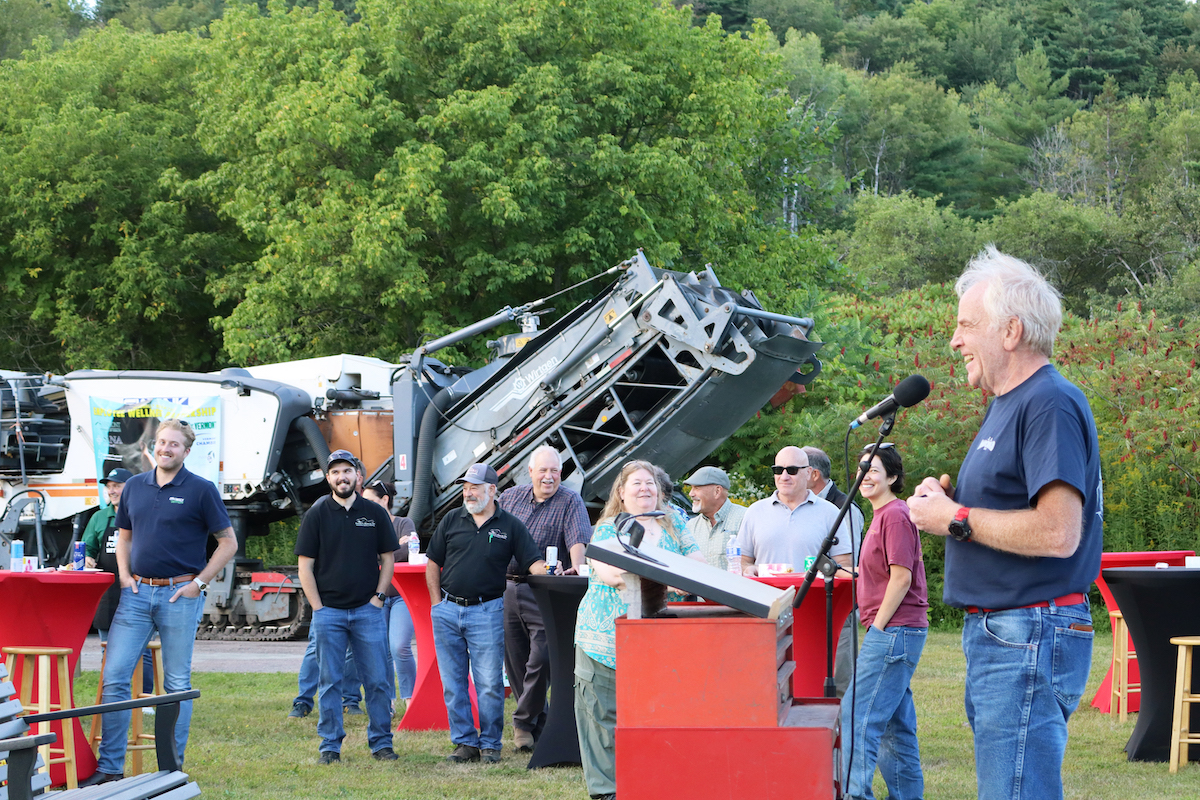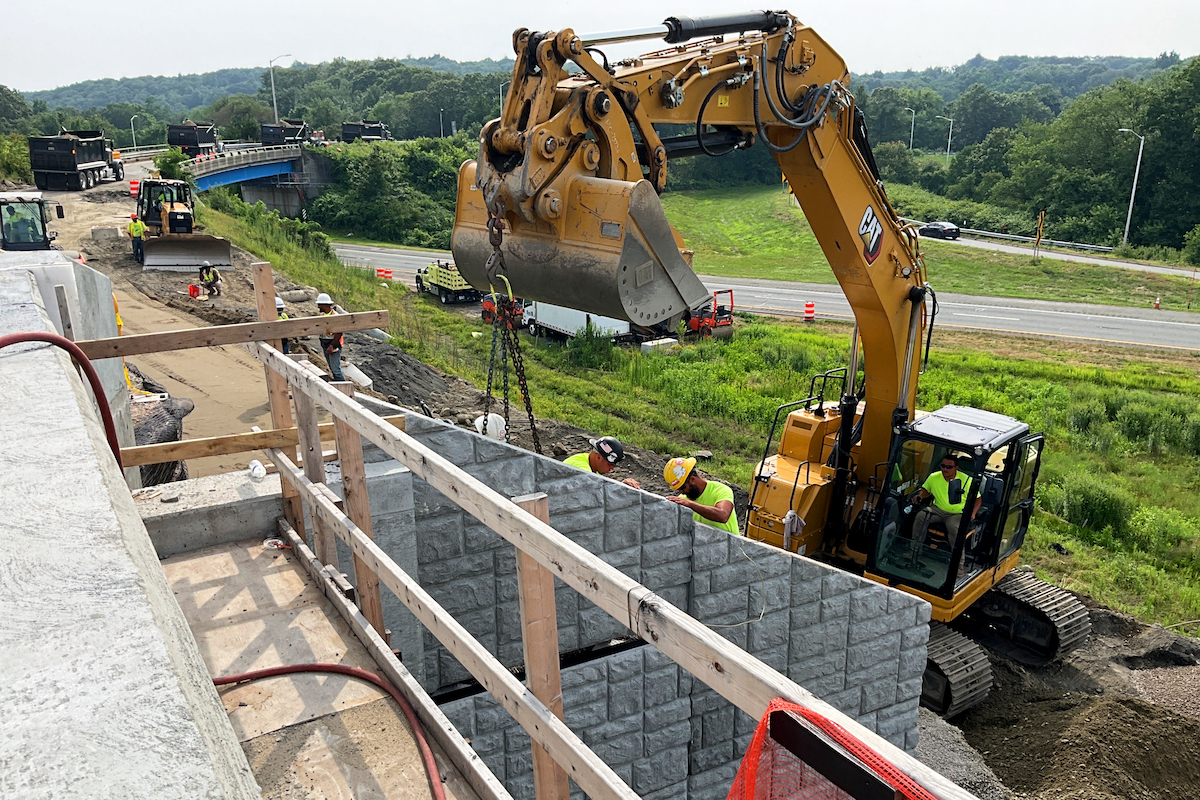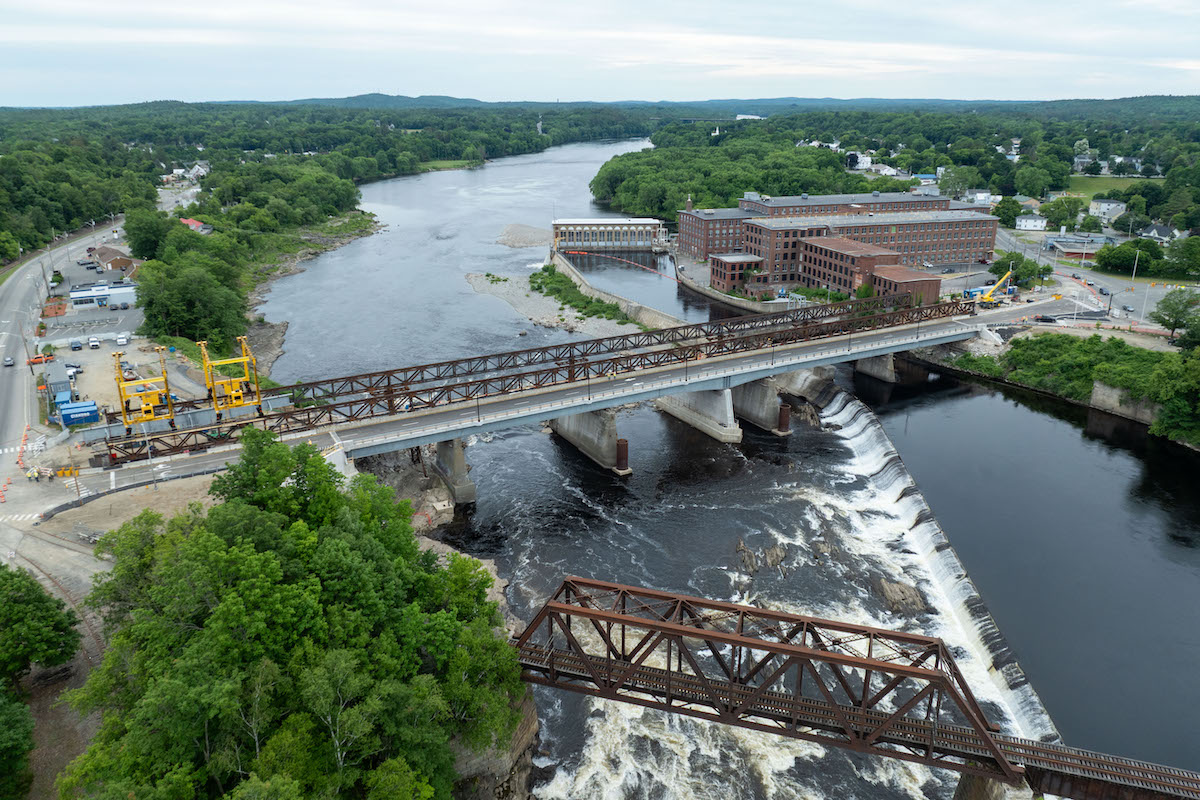The conversation began with remarks from Managing Director for Allston Initiatives at Harvard, Marika E. Reuling; CEO of the Harvard Allston Land Company, Thomas Glynn; and Harvard’s Chair of Urban Planning and Design, Alex Kreiger. Subsequently, a panel discussion brought in perspectives of Sasaki’s Martin Zogran; City of Boston Director of Planning for the Office of Arts and Culture, Courtney Sharpe; and Tishman Speyer’s Rustom Cowasjee. The panel was moderated by Assistant Professor of Urban Design at Harvard and a Sasaki alum, Stephen Gray.
Glynn opened the dialogue, sharing mission-oriented areas of focus for this initiative, including:
- Placemaking and public realm
- Affordable housing
- Greenway
- Diversity and inclusion
- Innovation economy
He explained that the team is focusing on public realm and placemaking and underscored the team’s commitment to ensuring the new development is characterized by ample green space, street activity and liveliness. Harvard does not want these developments to feel like a “9-5 suburban office park along Western Ave.,” Glynn said.
Reuling and Glynn took the audience through a history of planning in Allston, acknowledging a 2010 pause on development plans and the recent creation of the Harvard Allston Land Company in 2018. They also elaborated on and celebrated the recent advancements in shaping Western Avenue with a public Allston Art Walk, the Harvard Art Lab, the development of Barry’s Corner, among other new additions.

| Your local Volvo Construction Equipment dealer |
|---|
| Tyler Equipment |
The planning and development team sees the effort as a great moment to bring more people into the conversation around how Harvard interacts with neighbors on both sides of the river. The new campus is an opportunity to invite people in, Reuling said. The university is listening to the community’s desire for Western Avenue to have features of a Main Street and is incorporating open space and more links and access points into long-range plans.
This dialogue comes a month after Harvard announced the selection of Tishman Speyer as developer and Studio Gang as architect for the Harvard Allston initiative.
Sasaki was engaged in 2019 to help set the stage for long-range planning to put resiliency and green infrastructure at the core and reframe the river as an asset linking the Cambridge and Allston campuses rather than a natural divide. Zogran explained the team is looking at “the spatial and programmatic form to support innovation” and ensure this area of Allston is both an economic engine for the whole community and a connector for research, STEM, the arts and community interests.
The discussion concluded with questions from the audience and the panelists sharing their personal highlights within the project thus far.














